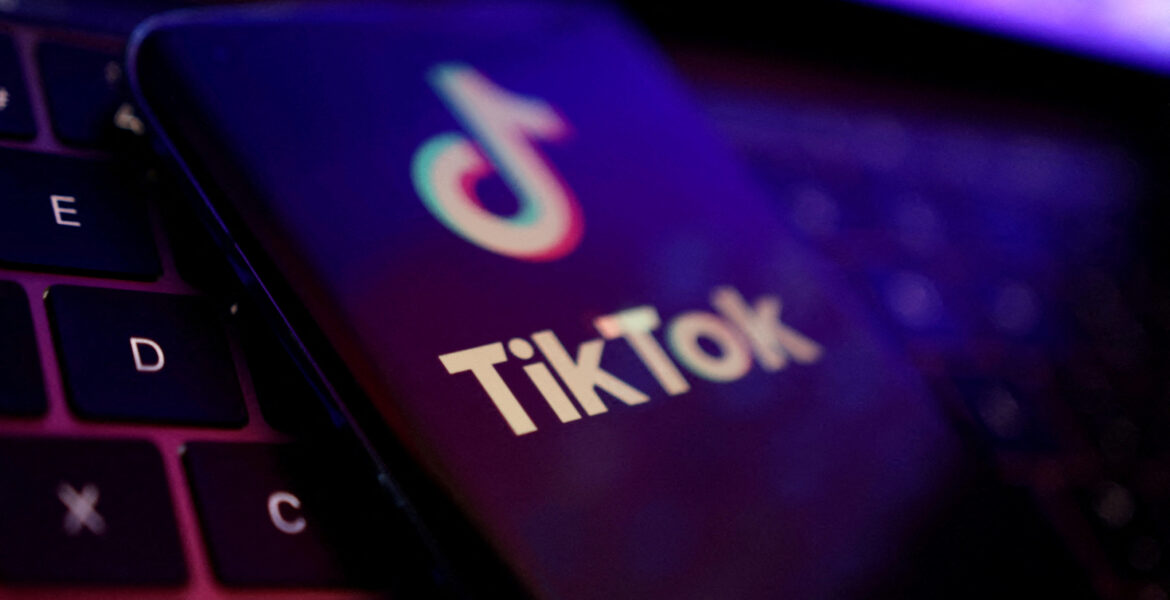US lawmakers are moving to ban the Chinese short-video hosting app TikTok, after The House of Representatives passed a bill with an overwhelming majority to give TikTok’s parent company, ByteDance, six months to divest from the firm or face a nationwide ban. The decision of the Representatives is not conclusive as the bill has to pass through the US Congress. US President Joe Biden said he would not oppose the ban.
Chinese apps are at the centre of a controversy worldwide. And none but the Chinese Communist Party (CCP) is responsible for that. They did not give transparency a chance and unleashed unprecedented levels of surveillance on the global community. Beijing’s primary goal is to access technology and markets. Apparently, that is legitimate for any developing country. Where things have gone wrong is the means they adopted and the political ambitions associated with it.
Democratic countries have strict laws preventing indiscriminate access and use of private data by both the government and corporates. Google Alexa collects loads of information about your daily life, but they cannot share it with anyone else.
Facebook faced a $5 billion penalty in the US for breaching privacy laws. Similarly, governments can seek information from companies only under a strict regulatory framework and for specific use. For example, during elections, the Election Commission of India can ask X (formerly Twitter) to filter some information that may be misleading.
Intellectual property is strictly guarded in democratic settings. Google knows our deepest secrets. They use them to perfect their search tools and other digital products. That’s their intellectual property. No government can force Google to share such information, and no democratic government does it either. Democracies draw their laws in conformity with global standards and practices.
However, the totalitarian government in China barely cares for global norms. Whatever little freedom Chinese citizens enjoyed after the opening up in 1978 was robbed by Xi Jinping. It is now mandatory for all Chinese companies to have CCP representatives in the management. This is to ensure the party has complete control over private information. Even foreign companies are not spared. Workers in multinational companies operating in China are duty-bound to spy for the local intelligence agencies.
Security agencies worldwide warned about the pitfalls of doing business with China under such conditions. The CIA of America and MI5 of the UK issued a joint statement pointing out how the CCP misused even regular academic exchange programmes to steal researched output from the universities of the West. This triggered the relocation of foreign investment from China and increased barriers to Beijing’s access to technologies.
With the formal channels closing down, China is depending on apps to spy on the global community. A Chinese application on the laptop or smartphone of a university professor in an open, democratic country might read his professional exchanges with fellow researchers about innovations and report them to the CCP. Popular apps—like TikTok—are prime suspects of spying and are facing backlash worldwide.
The US has already banned federal agencies from using TikTok in devices and systems, citing data security concerns. Moreover, at least 34 of the 50 American states – like Texas, Maryland, Alabama, Utah, etc. – prohibited state government agencies, employees, and contractors from using TikTok on government-issued devices. Public universities, too, opted to ban TikTok on campus Wi-Fi and university-owned computers.
The European Parliament, European Commission, and the EU Council banned TikTok on staff devices and advised lawmakers and staff to remove the app from their personal devices as well. Other developed nations that banned TikTok from government systems were Australia, Belgium, Canada, France, the United Kingdom, New Zealand, etc. India, China’s rival power in Asia, banned the app nationwide in 2020. Funnily, Beijing’s ally Pakistan imposed restrictions on the app several times.
Leaving Pakistan and other smaller economies, which borrowed beyond their means from China, apart, global security concerns about Beijing are rising. CCP’s expansionist agenda is a critical area of concern.
Remember, this is the same country that unsuccessfully tried to grab a part of the uninhabited Indian land in the high mountains at the peak of the Covid-19 pandemic. From Nepal to Vietnam, Japan, and Indonesia, every country complained of China’s breach of national boundaries. Taiwan is living under constant threat of Chinese attack.
An expansionist force with access to technology can cause serious trouble to the global economy. The democratic is now aware of the threat. If the US bans TikTok or ByteDance, it will be forced to divest its stake in the company to a non-Chinese entity, and the global perception of China will take another hit. Beijing’s ambition to make its mark in technology will be seriously impaired.

